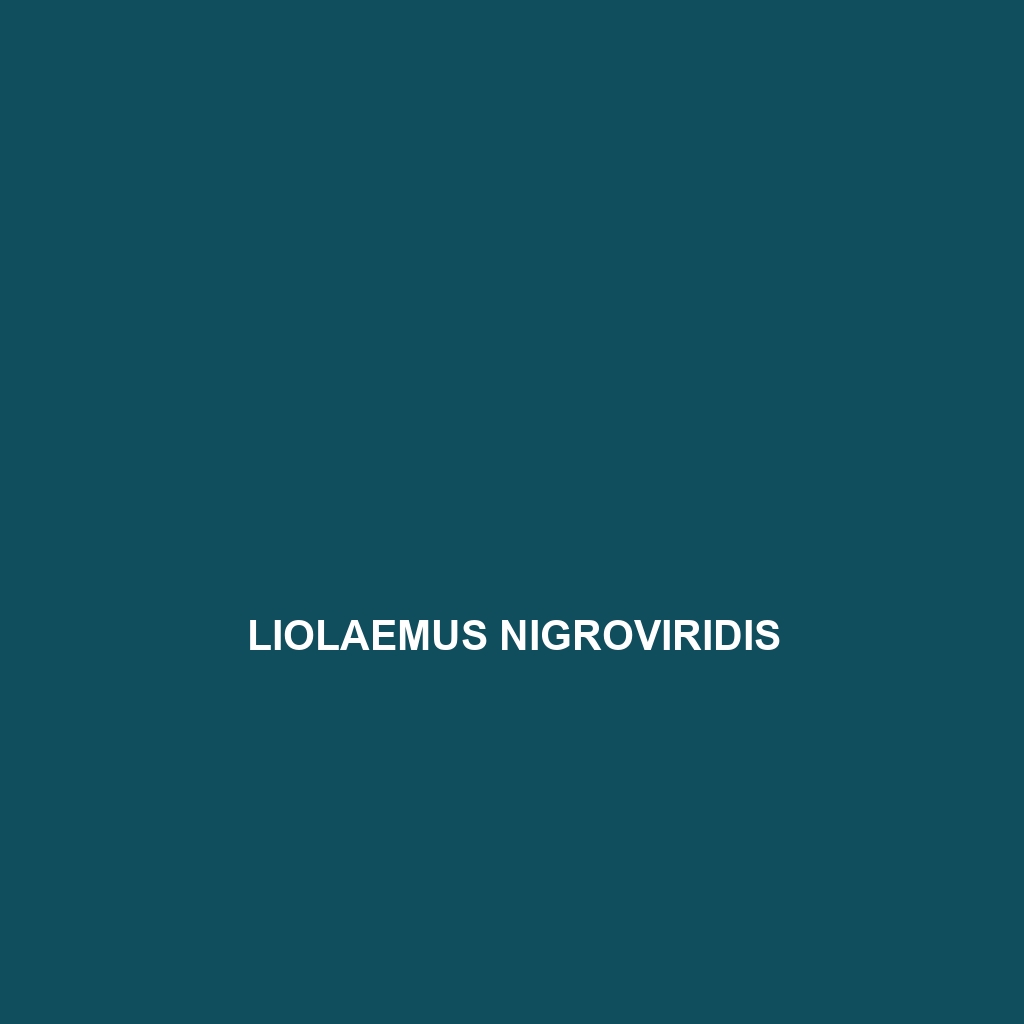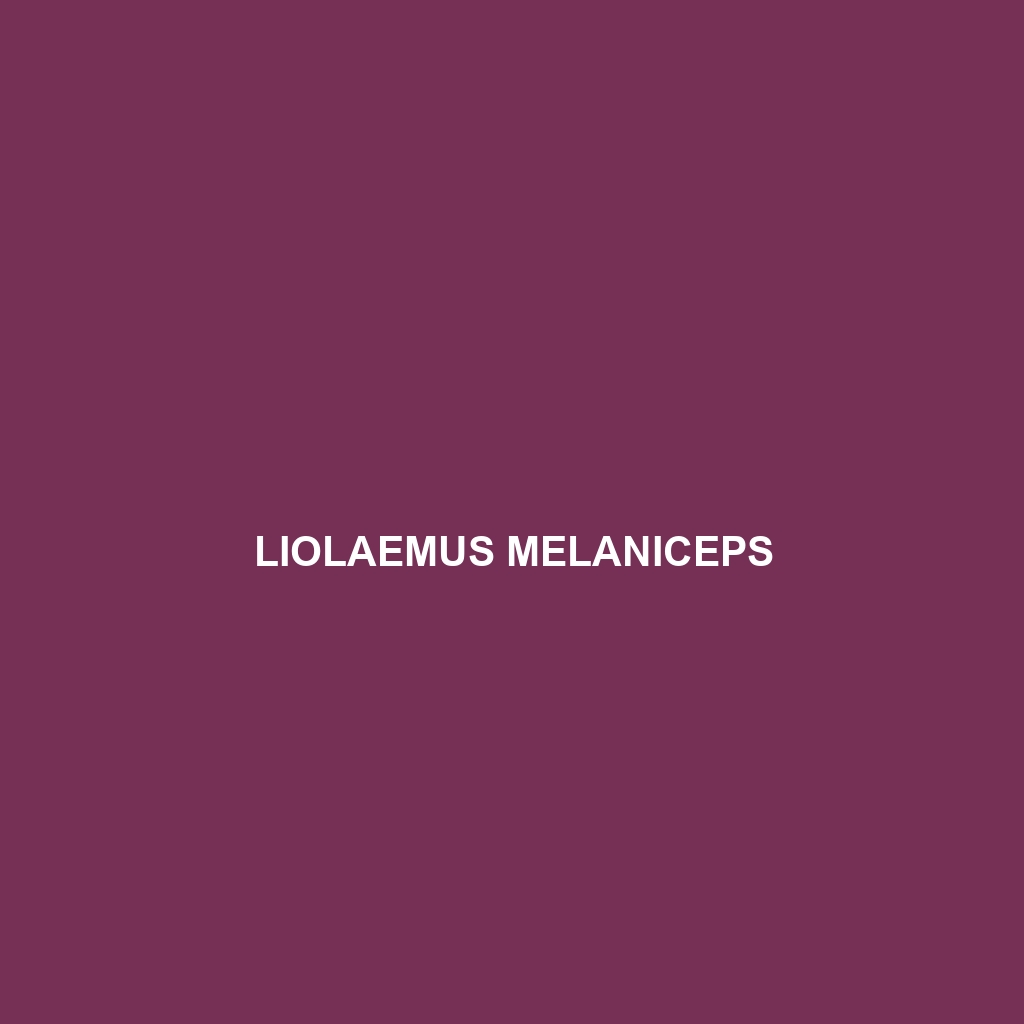Discover the captivating Liolaemus zullyae, a vibrant lizard native to the temperate forests and alpine regions of Chile, known for its remarkable color-changing ability and insectivorous diet. With distinctive physical traits and intriguing behaviors, this species plays a crucial role in maintaining the ecological balance of its unique habitat.
Tag: Liolaemus genus
Liolaemus yanalcu
Discover the Liolaemus yanalcu, a fascinating lizard native to the temperate forests of the southern Andes, exhibiting unique brown and green coloration with intricate patterns for camouflage. This insectivorous species, known for its territorial displays and ovoviviparous reproduction, plays a crucial role in its ecosystem by regulating insect populations and serving as prey for larger animals.
Liolaemus uspallatensis
<b>Liolaemus uspallatensis</b> is a robust, diurnal lizard native to the temperate regions of the Andes in Argentina, characterized by its earthy color patterns and territorial behavior. Measuring 15 to 20 cm in length, it primarily feeds on insects and gives live birth, playing a crucial role in its ecosystem as both predator and prey.
Liolaemus scapularis
<p><b>Liolaemus scapularis</b>, commonly known as the scapular liolaemus, is a fascinating lizard native to the temperate forests and shrublands of Argentina and Chile. With its distinctive earthy tones, robust body, and impressive climbing abilities, this insectivore plays a crucial role in its ecosystem while showcasing unique behaviors such as territorial displays and complex mating rituals.</p>
Liolaemus ramirezae
<p><b>Liolaemus ramirezae</b> is a medium-sized lizard native to the temperate rainforests of southern Chile and Argentina, known for its vibrant coloration and excellent climbing abilities. This adaptable insectivore plays a crucial role in its ecosystem by controlling insect populations while serving as a food source for larger predators.</p>
Liolaemus puritamensis
Liolaemus puritamensis, commonly found in the temperate forests and grasslands of South America, is a distinctive lizard species known for its agile movements, unique coloration, and ability to retain moisture through granular scales. Primarily insectivorous, these diurnal lizards play a crucial ecological role in regulating insect populations and contributing to nutrient cycling in their habitats.
Liolaemus nigromaculatus
Discover the Liolaemus nigromaculatus, or black-spotted lizard, a medium-sized, insectivorous species native to the temperate regions of South America, distinguished by its striking dark brown or gray body adorned with black spots that provide excellent camouflage in rocky habitats. Thriving in diverse environments, this diurnal lizard plays a crucial role in regulating insect populations while exhibiting fascinating reproductive behaviors and seasonal adaptations.
Liolaemus nigroviridis
<p><b>Liolaemus nigroviridis</b>, a medium-sized lizard found in the temperate forests and grasslands of Chile and Argentina, is known for its striking green and dark brown coloration that provides excellent camouflage. This diurnal omnivore plays a crucial role in its ecosystem by controlling insect populations while exhibiting unique behaviors such as complex courtship rituals and color adaptation for survival.</p>
Liolaemus millcayac
Discover the vibrant and unique Liolaemus millcayac, a slender lizard native to the Andean mountains of South America, known for its striking dorsal coloration and ability to thrive in rocky, high-altitude environments. This insectivorous species plays a crucial role in its ecosystem, contributing to the control of insect populations and supporting the ecological balance within its habitat.
Liolaemus melaniceps
Experience the remarkable Liolaemus melaniceps, a unique insectivorous lizard found in the temperate forests and grasslands of South America, known for its distinct melanistic head coloring and agile hunting skills, playing a vital role in its ecosystem as both predator and prey. This species thrives in diverse habitats, showcasing fascinating social interactions and adaptations that enhance its survival.








